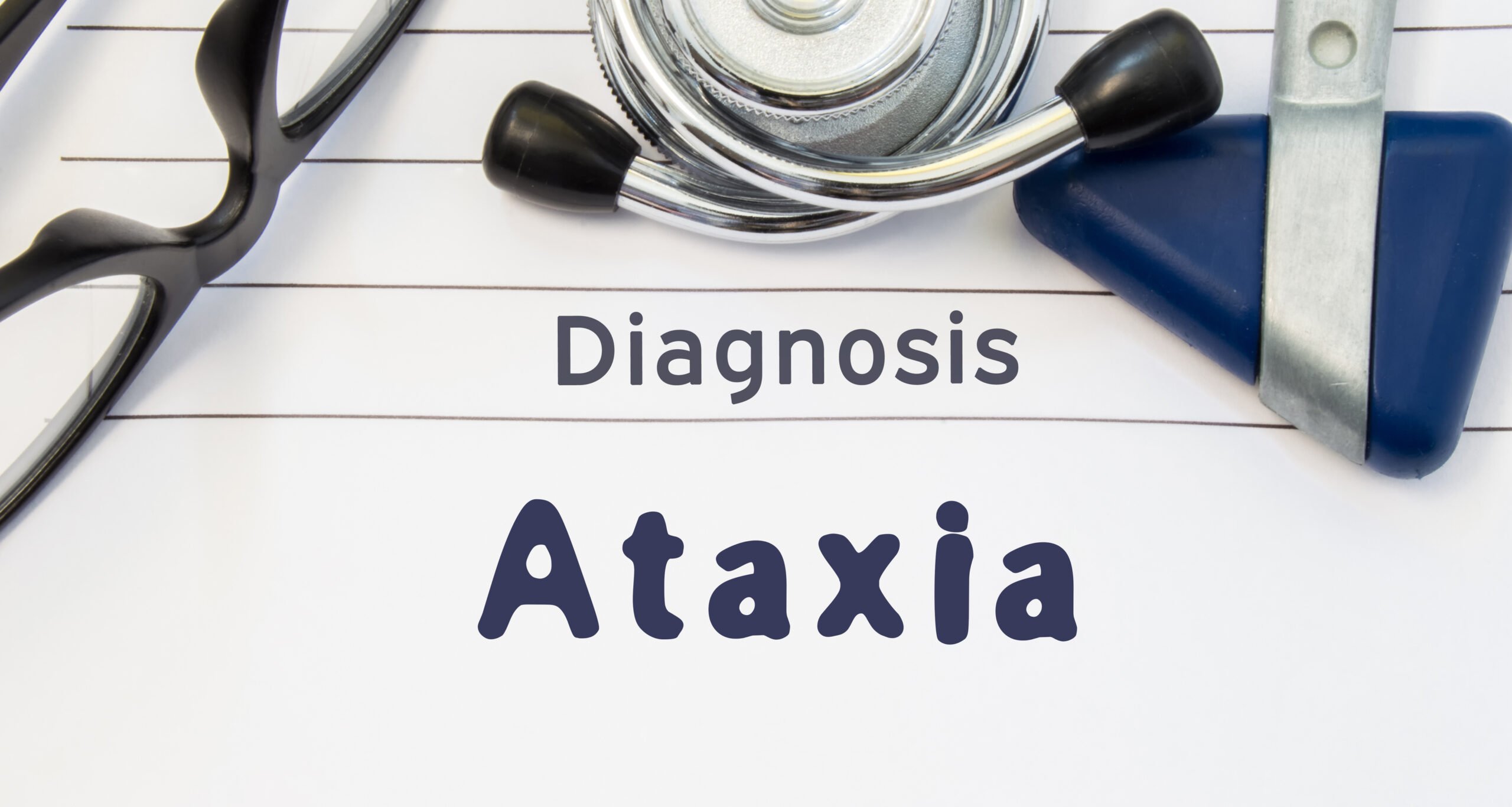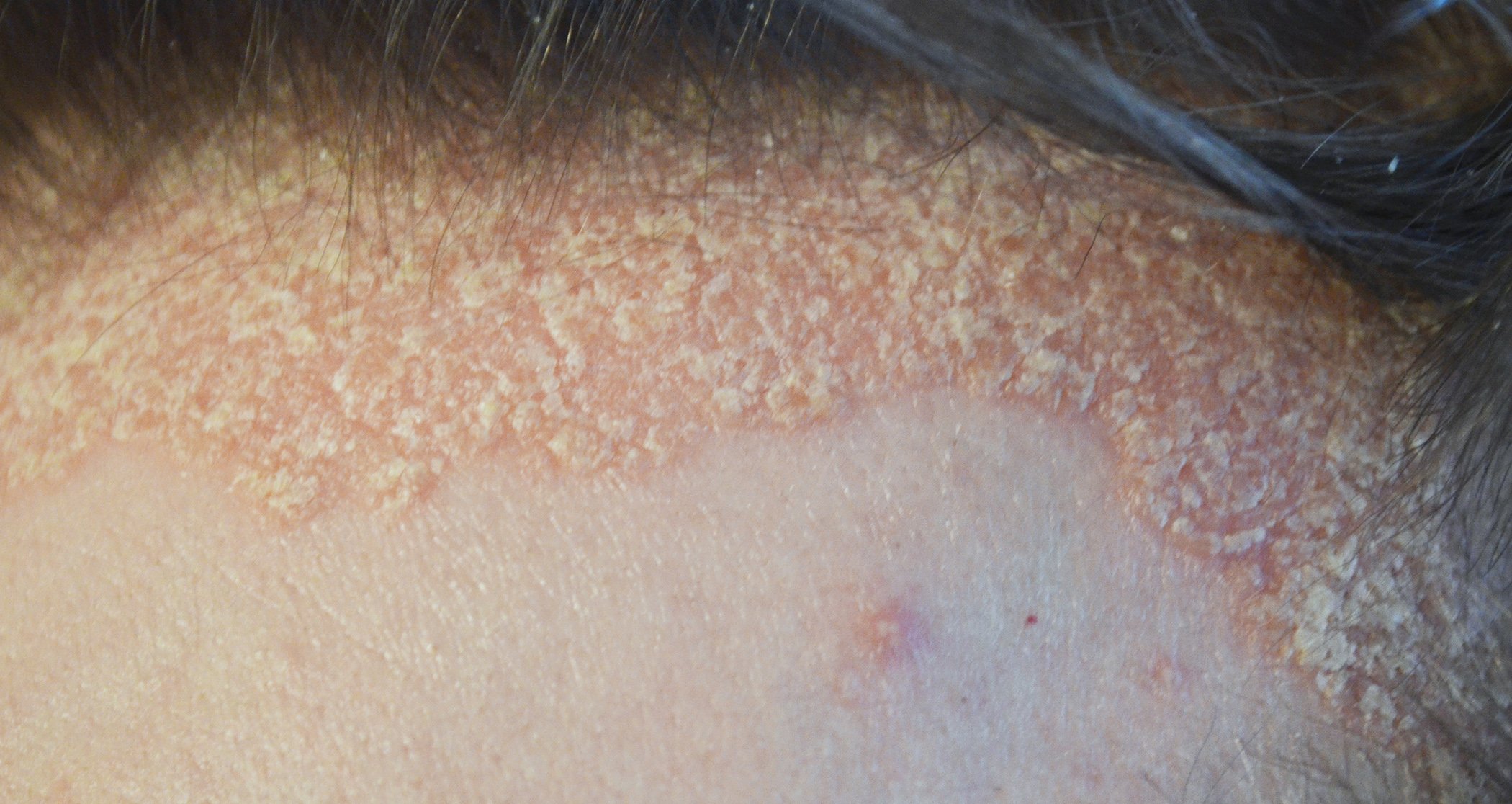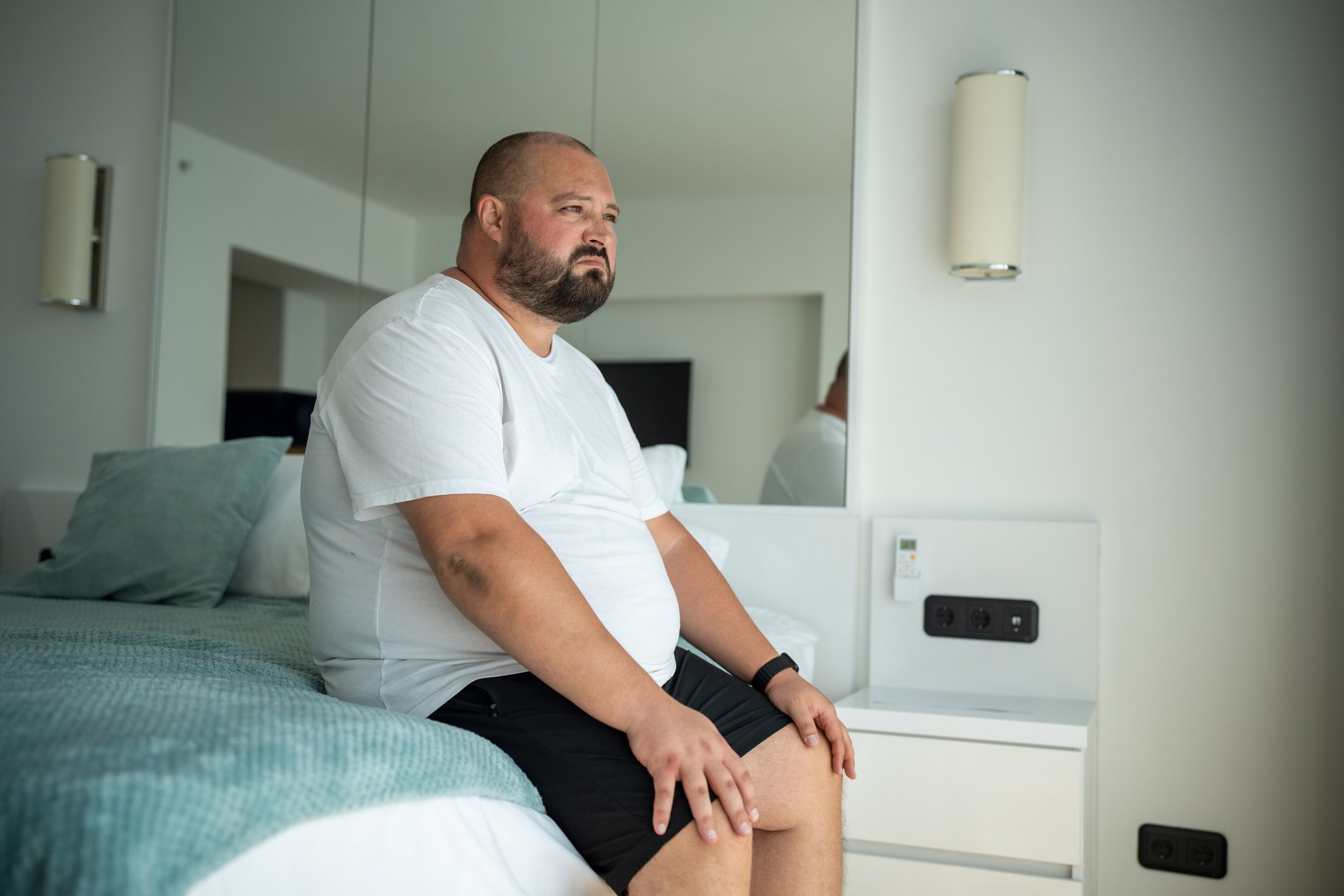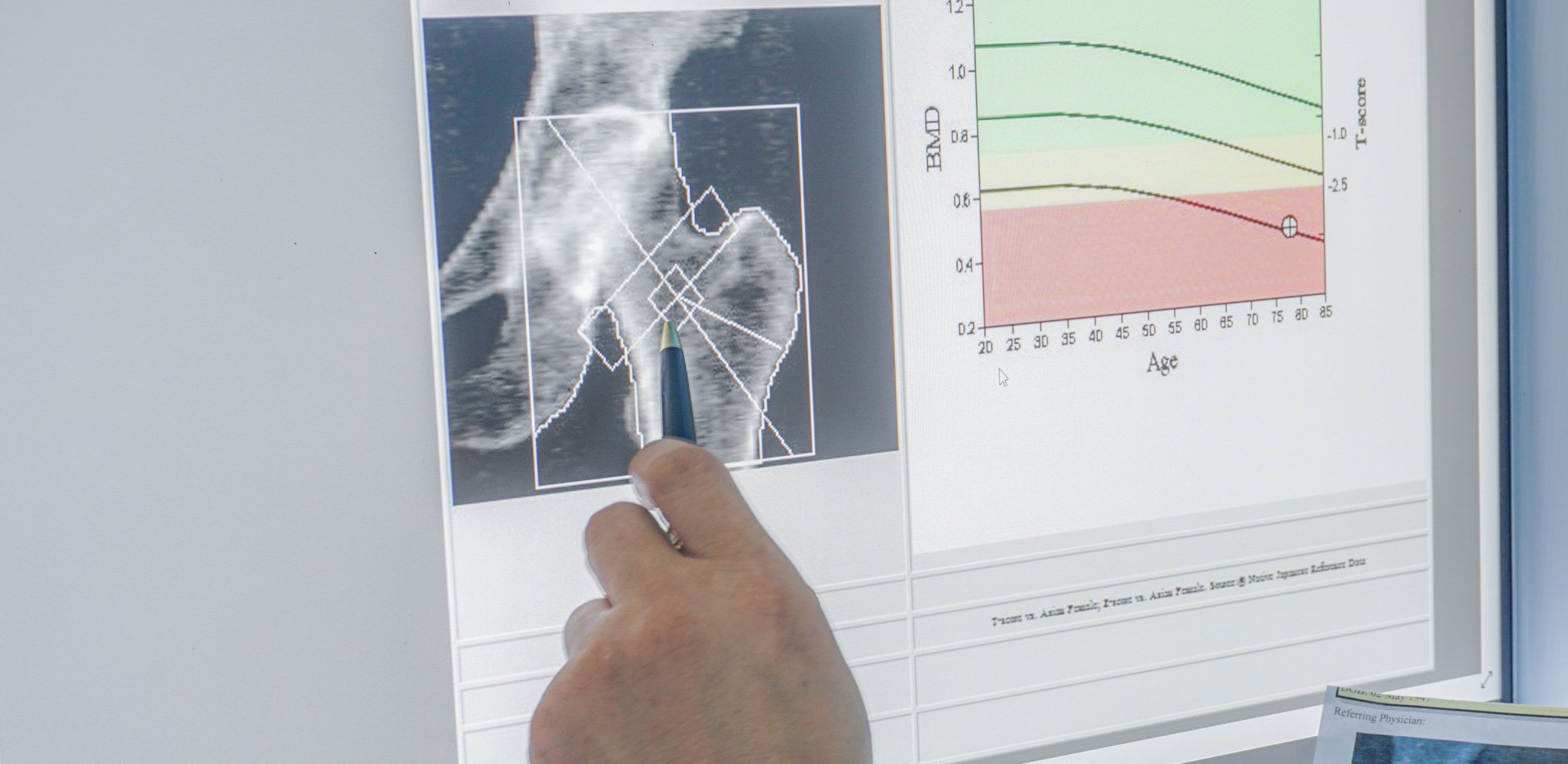A 35-year-old female patient presents with mild reflux symptoms that are poorly controlled despite treatment.
Background: In the 35-year-old patient, postprandial heartburn and regurgitation first occurred in the last trimester of pregnancy. During pregnancy, symptoms were relieved by consistently eating small portions and drinking milk when needed. The patient then presented again about 6 months after the end of her pregnancy.
At that time, the patient had already been receiving esomeprazole – an active ingredient from the group of proton pump inhibitors – at the standard dose of 40 mg per day for 6 weeks. This resulted in relief of heartburn, but not disappearance of the symptom. In addition, regurgitation of food continued to occur postprandially after dinner, especially when lying down.
History and diagnosis: The patient was 160 cm tall and weighed 80 kg, corresponding to an elevated BMI of 31. For many years, she had been taking the antidepressant Zoloft® in the evening at an unchanged dosage.
Endoscopy was performed to clarify the symptoms. No signs of reflux esophagitis were evident. However, a small axial hiatal hernia of about 2 cm was evident.
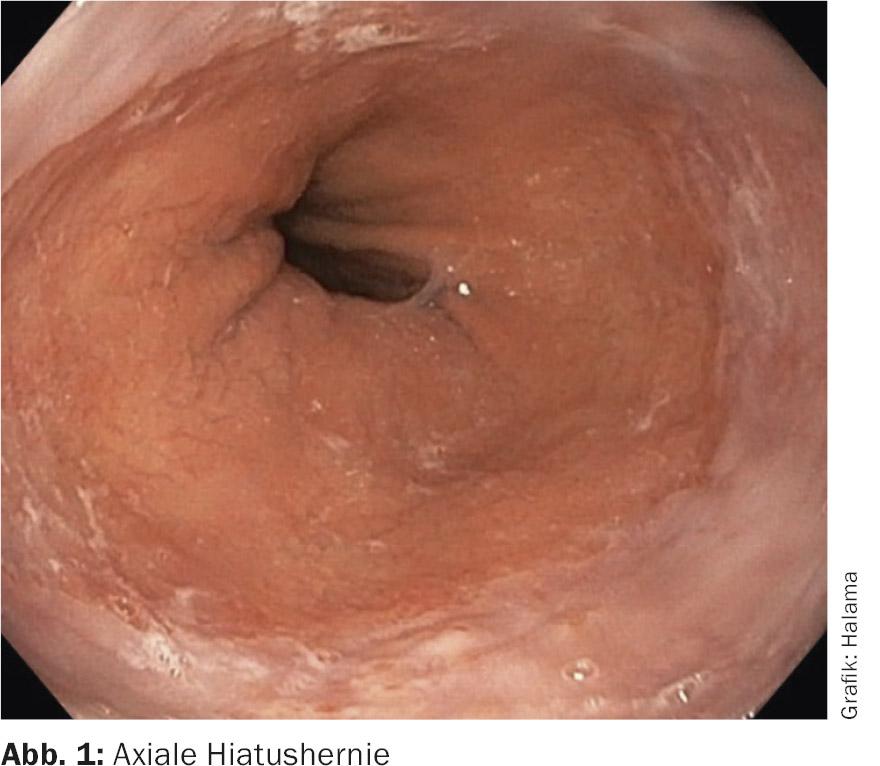
Therapy: The patient was prescribed 1-2 chewable tablets of the alginate antacid preparation Gaviscon® after dinner in addition to esomeprazole. Under this treatment, she was completely symptom-free within a week and was able to eat normal-sized portions for dinner again. Esomeprazole was easily discontinued after one week of Gaviscon® therapy. Six months later, the patient had lost 10 kg and rarely needed to take Gaviscon® when required.
 Comment by Marcel Halama, MD: The case impressively demonstrates that in mild volume reflux favored by the two risk factors obesity and axial hiatal hernia, treatment with gaviscon may be superior to conventional PPI therapy and lead to better symptom control.
Comment by Marcel Halama, MD: The case impressively demonstrates that in mild volume reflux favored by the two risk factors obesity and axial hiatal hernia, treatment with gaviscon may be superior to conventional PPI therapy and lead to better symptom control.






